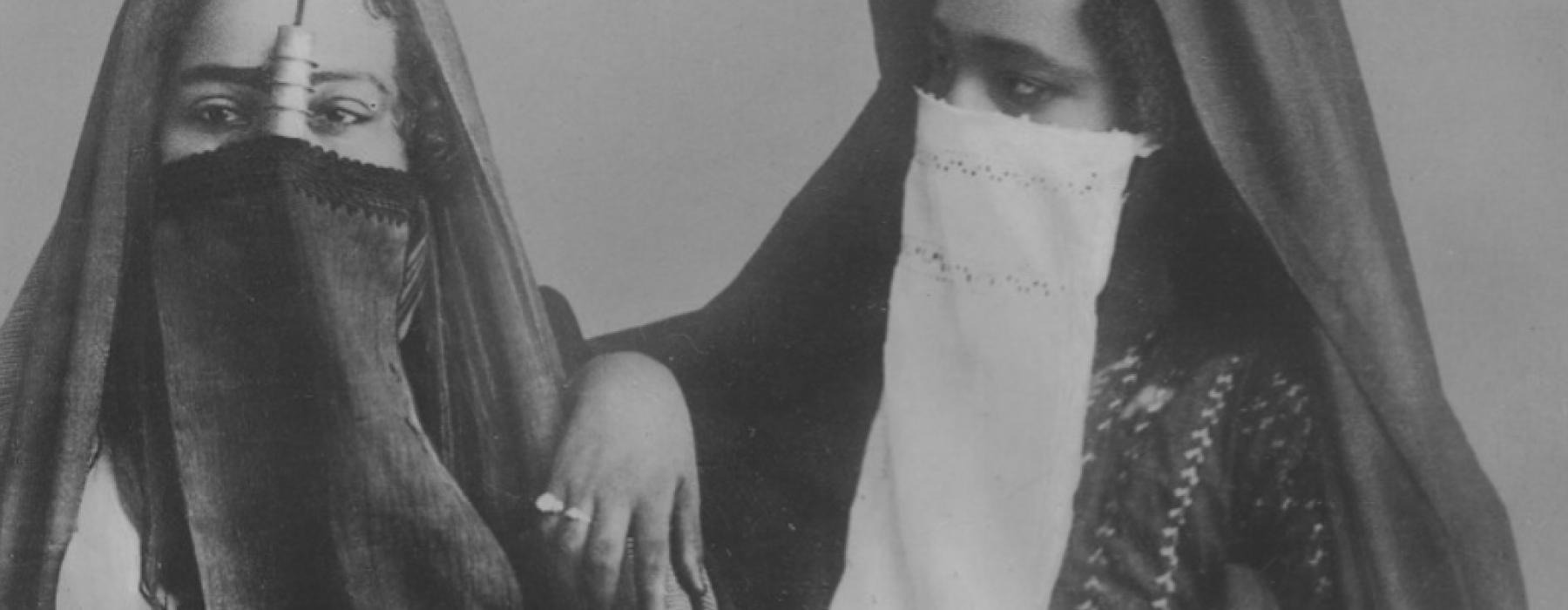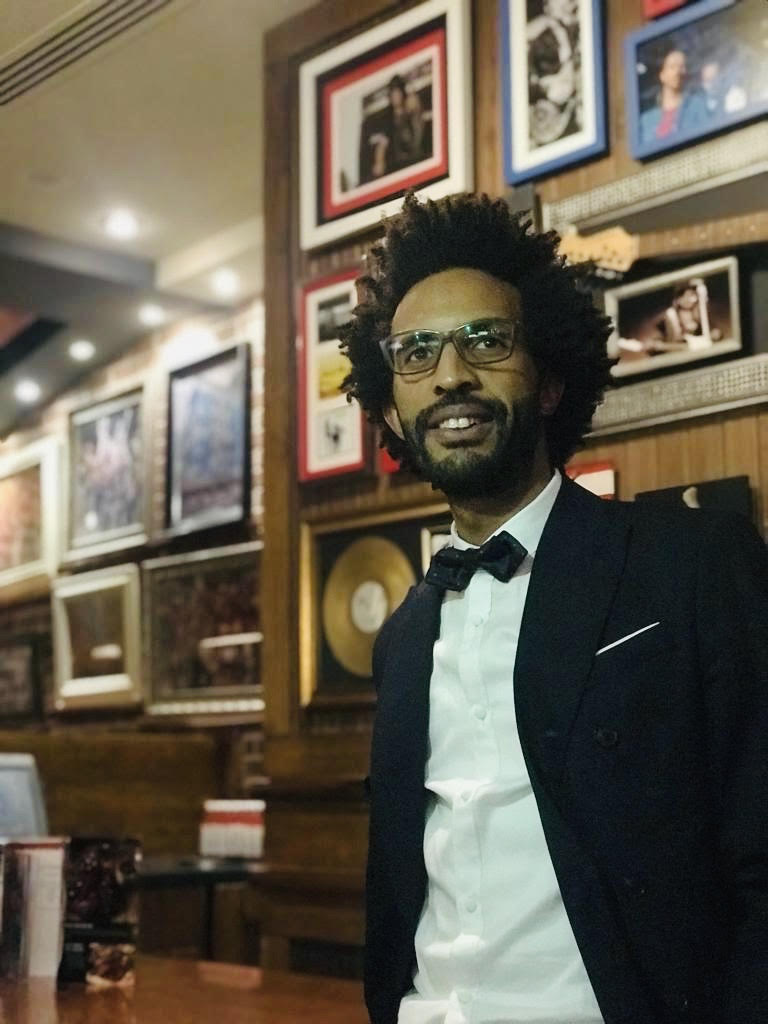
The figure of the veiled ‘Muslim woman’ persists to be framed in stereotypical terms in which the multiple forms of veiling are seen either as a tool of ‘oppression’ or a marker of religiosity. I use the terms veil and veiling in this talk more broadly to refer to the various ways of headcovering, including hijab, niqab, jilbab, and khimar. Reducing the veil to women’s oppression or spirituality does not only brush away the diverse and complex lived experiences of veiled women, but so too the multivalent practices of veiling. Feminist and postcolonial scholars have long shown how the media and literature have been playing a pivotal role in creating and disseminating such stereotypical representations of the veiled Muslim woman to facilitate—consciously or unconsciously—the exploitative programs of Western colonial powers (e.g., Alloula, 1986; Abu-Lughod, 2006; Lazreg, 2009). While the reductive representations that inform perceptions of veiled women in the West can be traced back to the colonial (Orientalist) scholarship on the Middle East and the Muslim world (Abu-Lughod, 2006, 1), in the past four decades a trend of “reveiling” emerged in several Muslim countries (Lazreg, 2009, 2). In response, feminist scholars have been investigating veiling both as a practice and a metaphor, unveiling the issues at stake in women covering their bodies. The discussion on the veil—as the Algerian feminist sociologist Marnia Lazreg argues—is relevant to “all people […] seeking to understand the human experience […]” in that “veiling cannot be detached from history” (Lazreg, 2009, 2-11). Putting a set of heterogeneous—yet sometimes conflictual—feminist approaches to the question of the veil into dialogue with each other, I hope that this talk can contribute to the discussion on how the world culture museum might go beyond the either/or logic through which the persistent cultural representations of the veil operate?
Image: 7082-nf-353-38-1, Origin: Egypt / Bur Sa'id (government) / Port Said, 1925-1950, photographer unknown
